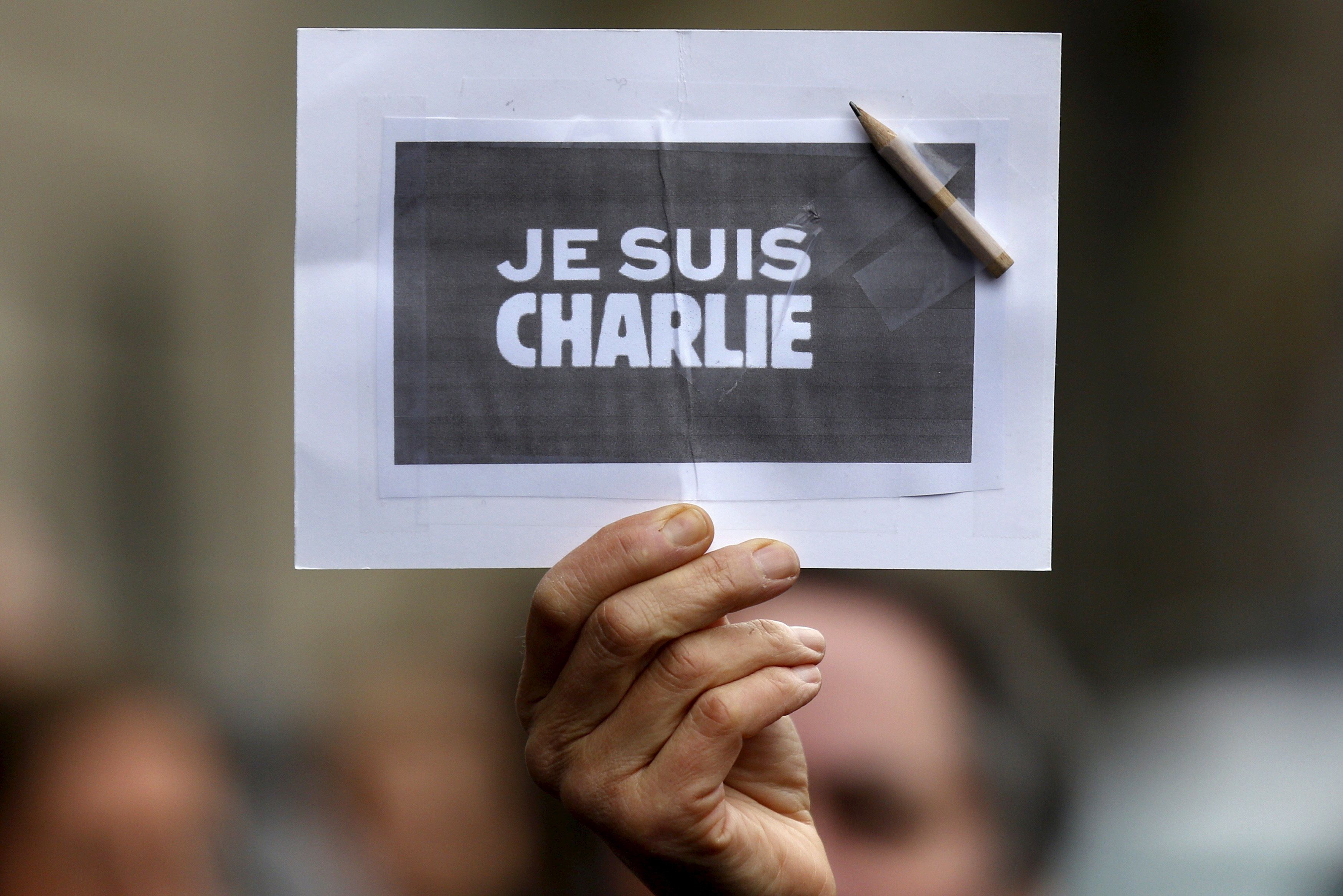News
September 01, 2020
12: Charlie Hebdo republished the same 12 cartoons of the Prophet Mohammed that made the French satirical magazine a target of a deadly terror attack in early 2015. The republication came on the eve of the long-awaited trial of those accused of helping two Islamic extremists kill 12 people inside the Charlie Hebdo office in Paris, inspiring other acts of jihadist violence across France.
30: The three Baltic states (Lithuania, Latvia, and Estonia) have slapped a travel ban on 30 Belarus officials, including embattled President Alexander Lukashenko, for rigging the recent presidential election and cracking down on protesters. Belarusian opposition leader Svyatlana Tsikhanouskaya is currently in exile in Lithuania.
110: The Venezuelan government has approved pardons for 110 jailed political opponents of President Nicolás Maduro ahead of legislative elections scheduled for December (though most of the opposition plans to boycott anyway). The list does not include high-profile dissidents such as Leopoldo López or Julio Borges.
23.9: India's economy contracted by 23.9 percent year-on-year in the second quarter of 2020, its sharpest drop since the country started publishing GDP statistics in 1996. Coronavirus lockdowns have battered India's economy, leading to the virtual collapse of sectors like construction, manufacturing, and transport, and wiping out millions of jobs in the informal economy.
More For You
America’s new National Security Strategy confirms what Europeans have feared for months: Washington now sees a strong, unified European Union as a problem to be solved, not an ally to be supported.
Most Popular
Sponsored posts
The power of sports
What's Good Wednesdays
What’s Good Wednesdays™, December 10, 2025
Walmart sponsored posts
Walmart's $350 billion commitment to American jobs
In this episode of Tools and Weapons, Microsoft Vice Chair and President Brad Smith sits down with Ed Policy, President and CEO of the Green Bay Packers, to discuss how purpose-driven leadership and innovation are shaping the future of one of the world’s most iconic sports franchises. Ed shares how technology and community-focused initiatives, from Titletown Tech to health and safety innovations on the field, are transforming not just the game of football, but the economy and culture of Green Bay itself. He explains how combining strategic vision with investment in local startups is keeping talent in the Midwest and creating opportunities that extend far beyond Lambeau Field.
Subscribe and find new episodes monthly, wherever you listen to podcasts.
Members of security forces stand guard outside a polliong station, a week late in a special election, after the local governing party kept voting closed on election day, amid accusations of sabotage and fraud, in a presidential race still too close to call as counting continues, in San Antonio de Flores, Honduras, December 7, 2025.
REUTERS/Leonel Estrada
More than a week after Hondurans cast their ballots in a presidential election, the country is still stuck in a potentially-dangerous post-election fog.
© 2025 GZERO Media. All Rights Reserved | A Eurasia Group media company.
